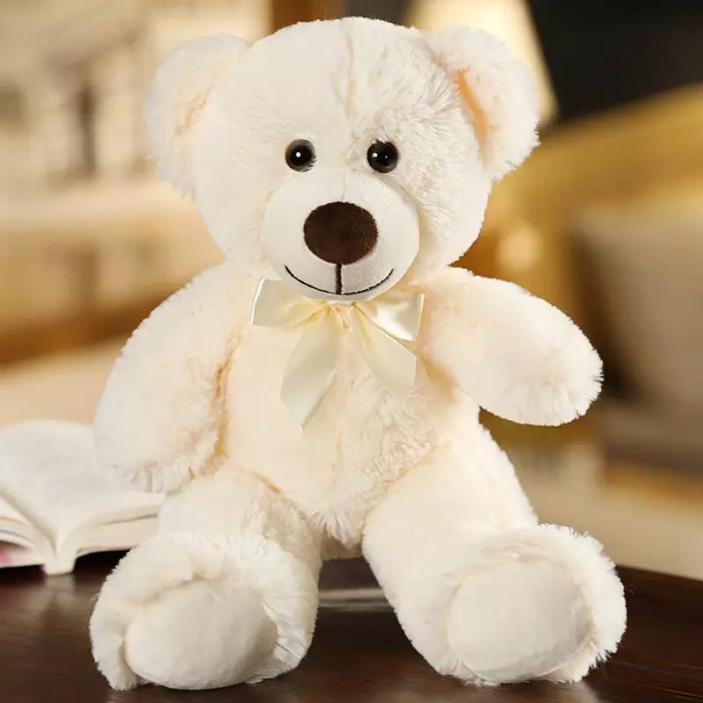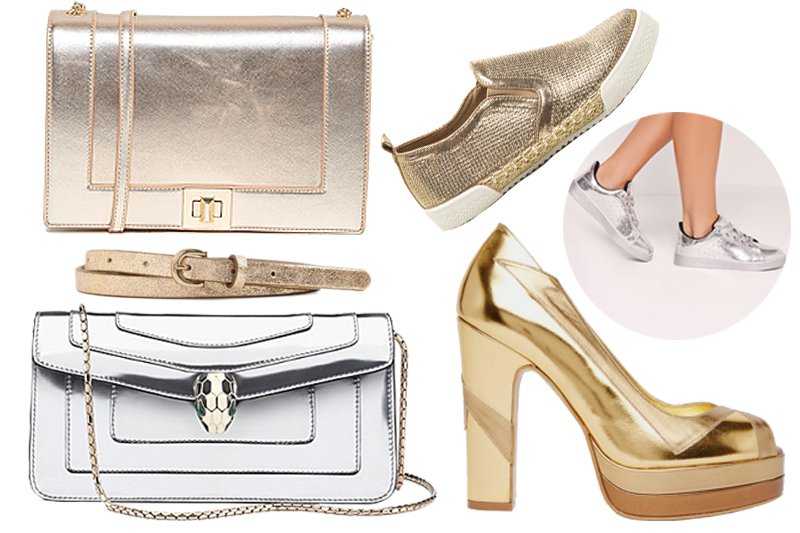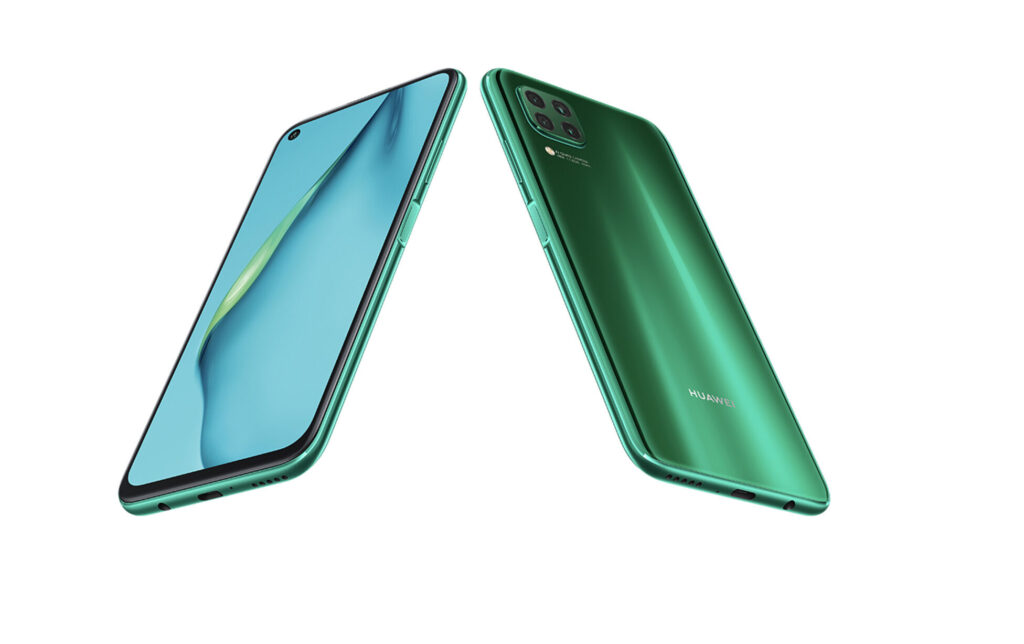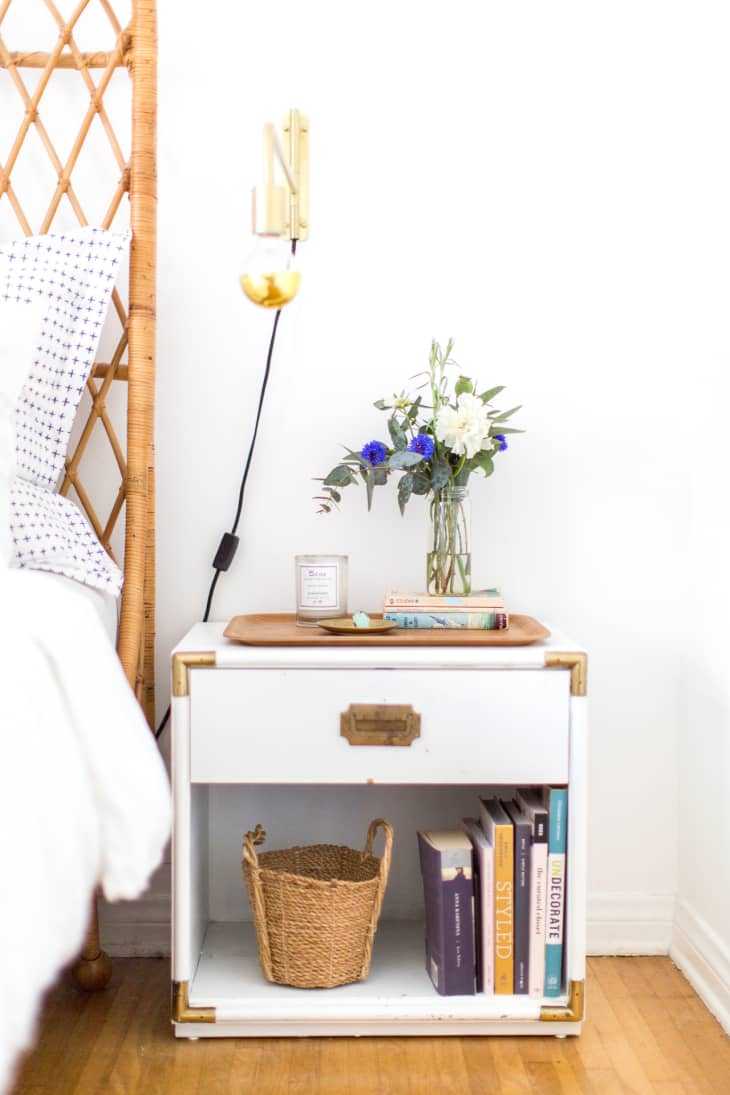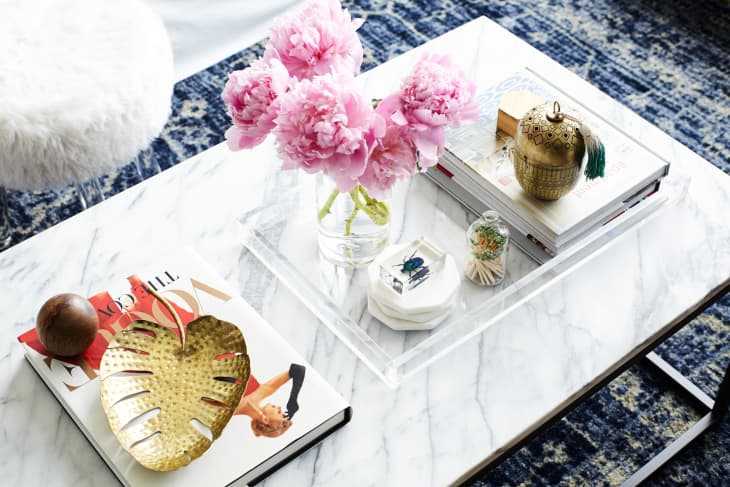Itchy eyes. Runny nose. Every single time you step outside you’re sneezing, sniffling, and coughing. You’re likely not alone. According to the Centers for Disease Control and Prevention (CDC), allergic rhinitis, commonly known as hay fever, affects 60 million people in the United States — and many of these people feel their symptoms most in the spring and summer. The increase in allergies during the spring has to do with climate change and how it impacts rain, temperature, and how much carbon dioxide is in the air. Most importantly, higher pollen counts can impact your allergies, too: The stuff can trigger a variety of reactions such as watery and itchy eyes, congestion, and allergic conjunctivitis.
The good news, though, is that the same face masks you’ve been wearing to slow the spread of the coronavirus might help with your allergies , the New York Times noted last month. A recent study showed that nurses who wore masks during the pandemic found that they had fewer symptoms from their allergies. Of the 215 nurses observed in the study, 40 percent reported they experienced less sneezing and congestion as a result of wearing their masks.
The reduction of symptoms is likely attributed to the way a mask creates a physical barrier to your nose and mouth, which would effectively reduce the amount of pollen entering your system. But wearing a mask isn’t a perfect solution to complete allergy relief. Here’s what you need to know about wearing a mask to manage allergic reactions to pollen and other irritants.
First, what causes springtime allergies?
According to Dr. Peter Bailey, a family physician in California, allergic rhinitis, or hay fever, is by far the most common form of seasonal allergy in the US and is characterized by watery eyes, a runny nose, and sneezing. “It is extremely common, and up to 30 percent of adults in the US may suffer from some degree of hay fever, though the exact figure isn’t known,” he told Apartment Therapy.
In most cases, he noted, “allergic rhinitis is brought on by your body’s reaction to pollen, an allergen. When breathed in through the nose or mouth, your body reacts to this allergen by releasing histamine.” This natural hormone is designed to combat allergens by forcing them out of your body through sneezing, coughing, watery eyes, and a running nose. Long story short: Your body tries to expel the pollen by any means necessary.
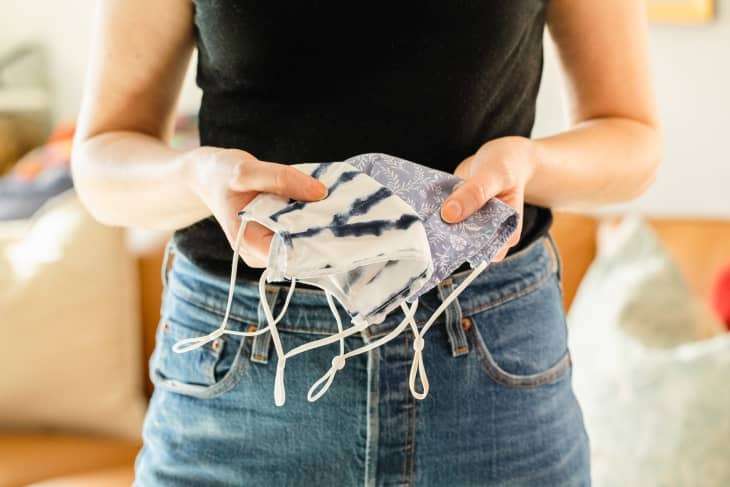
So can wearing a mask help with allergy symptoms?
“Wearing a mask can absolutely help mitigate the effects of spring allergies,” Dr. Bailey said. By wearing a mask, you can “prevent your body from ever coming into contact with allergens, such as pollen, which trigger the release of histamines and these symptoms.”
Masks filter out airborne particles, including allergens like pollen, dust mites, and dander, as well as some of the droplets and other particles that spread the coronavirus and other illnesses. Though masks won’t catch every particle that wants to mess with your body, the physical barrier can help mitigate the amount of pollen and other irritants that do get into your system to begin with.
“As plants start to bloom and there is an excess of pollen in the air, I strongly advise wearing a mask,” Dr. Bailey warns people with severe allergies. “This is especially true if you are going to be outside gardening or mowing the lawn.”
What type of mask should you wear to prevent allergy symptoms?
The type of mask you wear can also make a big difference. If you really want to cut down on intake of allergens, tightly-fitted N95 masks will block almost 100 percent of allergens. More typical surgical masks are not as effective but still can help.
“A standard surgical mask can filter particles larger than three micrometers, while an N95 mask can filter particles as small as 0.04 micrometers,” Dr. Leonard Bielory, an allergy and immunology physician in New Jersey, explained to Apartment Therapy. “Pollen is typically between 10 and 100 micrometers in size and fungal [particles] between two and 50 micrometers. Thus wearing a mask could filter out all these pollen and mold-based allergic triggers.”
If your mask isn’t tightly fitted to your face, pollen in it can find its way through the spaces between your mask and your skin and respiratory passages. And just as with COVID, it’s important to pay attention to how your mask fits, as well as what fabric the mask is made from. “Tighter-knit fabrics will be more effective in filtering out small particles, while a looser weave will allow more to pass through,” Dr. Sanjeev Jain, the founder and CEO of the Columbia Asthma and Allergy Clinic , told Apartment Therapy. “When less of the allergen is inhaled, the immune system will have a weaker response or potentially no response depending on how much of the allergen passes through.”
The downside is that most face masks fail to protect your eyes from allergens, which is a problem for many people with allergies. Many people with severe allergies use masks to limit allergic responses for everything from cleaning to yard work, and if you’re really bothered by pollen counts this year, you can also invest in goggles or a face shield to add an extra barrier for pollen to get through.
Just remember: Masks won’t solve every allergy woe.
People with severe allergies might not find mask wearing reduces symptoms as much as they like. “Masks can help reduce some allergens and improve allergy symptoms in people with seasonal allergies,” Dr. Puja Uppal , a Michigan-based family medicine physician, told Apartment Therapy. “But they aren’t a magic bullet.”
Instead, there are certain steps you can take to reduce allergies both indoors and outdoors during peak pollen season, including by saving errands for the afternoon or evening if you can. Pollen counts are usually higher in the morning, so check the pollen count before getting out and about if you can.
Pollen can also stick to your clothes and masks, so be sure to wash those items regularly to prevent allergy symptoms indoors. Some people with allergies also swear by washing and drying their hair before they go to sleep at night, so that stray pollen doesn’t accumulate on their pillow.
